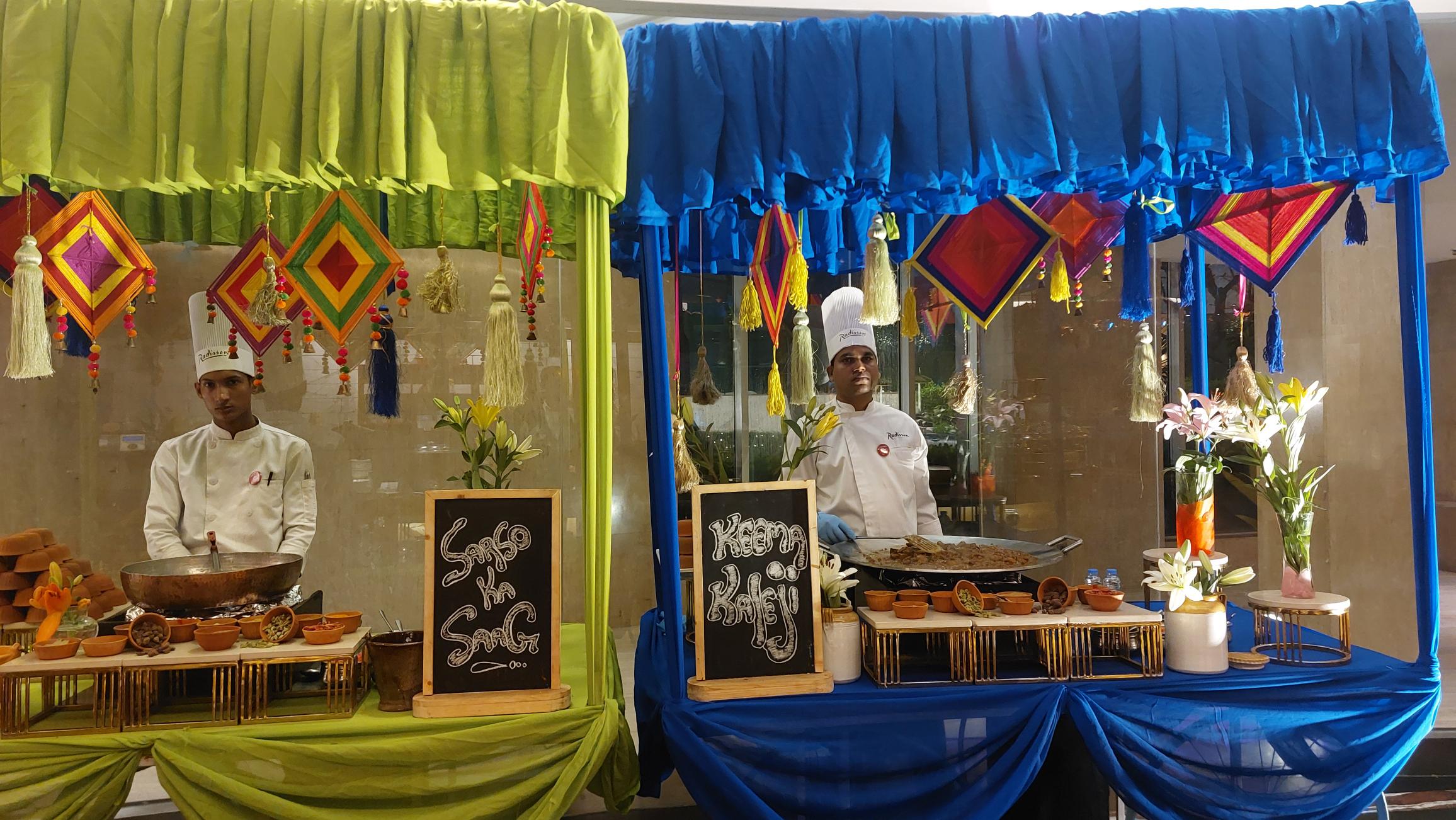Kathak dancer Manjari Chaturvedi is a role model for many. She is supporting dozens of musicians during the time of Coronavirus, service to humanity and performing arts
A good way to judge a nation is to see how artists are treated in the country. In India, they are, apart from few notable exceptions, the worst paid, and their life is a constant struggle. The pursuit of art is also a matter of patronage, a rarity, to put it mildly. Since the lockdown three months ago, most of the artists—musicians, qawwali singers and accompanists—are finding it difficult to even feed their families. They are in dire straits.
Manjari Chaturvedi, a rebel Kathak dancer who also runs Sufi Kathak Foundation, is their good samaritan. She came to the rescue of dozens of families of artists and is a role model of how people can support the vulnerable — in her case, help preserve the rich musical and dance traditions that quintessentially define India’s composite culture.
“These are unprecedented times. Artists are easy to ignore,” she says, “but they are real people with families to support.” It’s convenient to be in denial when it comes to the suffering of others. She uses a strong parable to emphasise that we as people are increasingly getting desensitised. “People tend to forget that the processed meat they consume come from animals,” she says and pauses a while to make the point, “Similarly, music is people. There’s a tendency to dissociate the music from the musicians. Musicians are actual people,” she stresses.
Manjari has been helping musicians for many years, part of her earnings going towards their welfare. And it’s not charity but their due. She felt the need for an institutional setup, which is when she created the foundation that supports dozens of artists, with the numbers growing. Older artists are given a pension — not a huge amount but enough for a dignified living. It’s no favour to them, Manjari is categorical about it, instead, it’s a small token of appreciation for their years of service with distinction to various performing arts. And that’s what their citation says.
Musicians mostly come from smaller cities and towns, belong to the lower-middle-class families. They are self-respecting people, not beggars. That explains why they are so reluctant to seek help. Manjari narrates the case where a musicians’ daughter died in want of a fairly rudimentary surgery, just because her father was reluctant to supplicate.

There are no concerts happening, nor are they being hired for private performances, so all their sources of earning have dried up. By the time the second phase of the lockdown started, many had little to eat—one of them told Manjari that he feeds his children glucose biscuits. “A month into the lockdown, they don’t have the means to put food on the table,” as Manjari puts it.
Her foundation swung into action and started supporting a family with a lump sum amount of Rs 5,000 a month so that they could at the least buy food. Some 65 families of musicians are availing this help and the numbers will grow in the months to come as the pandemic has paralysed the world of performing art, especially the traditional artists who have remained untouched by the online revolution. They are the real artists, perform in the real world, dealing with real existential problems.
Each family, on an average, has five members, so more than 300 people are provided for thanks to the initiative of an individual–Manjari–who feels that the culture of philanthropy is fairly underdeveloped in India, if not non-existent. People don’t trust in their ability to do good for others. Philanthropy is considered by many as another means of swindling people’s hard-earned money. Manjari feels, “As long as your emaan (an Urdu word for intention + honesty) is clear, there shouldn’t be a problem. And those who misuse money meant for philanthropy—a good cause—have to deal with their emaan, their karma. It shouldn’t deter those who want to help to do their bit.”
She has a simple solution; she connects the donors directly to the beneficiaries. Some have adopted a family for three months and transfer the money directly into their accounts. Her foundation also provides tax benefits, if helping others is not a good enough cause.
That these artists belong to smaller towns makes their life more complicated. Manjari was told that they can collect food from government shops for free as part of the welfare measure initiated by the government during the pandemic. “Most of the artists live in smaller cities of UP like Badaun, Barabanki. To avail benefits, they will have to travel to neighbouring bigger cities that would cost more than Rs 200 in transportation,” she explains, defeating the whole purpose.
In contrast, most of the donors—who happen to be her friend, family, and acquaintances—live in bigger cities. Manjari has a term for it, ‘city bubble’ where people are fairly oblivious of the ground realities in the hinterland. While many donors wanted to pay for food directly to shopkeepers via Paytm instead of parting with a fixed amount of cash. They couldn’t because the technology’s spread is fairly limited. Also, she employs her contact within the establishment to help artists.
Manjari mentions ample times that her support is not a favour done to fellow artists. “They are very skilled and association with them is my greatest learning experience,” she says. She doesn’t identify with Delhi’s intellectual elite, though she is a fairly well-known face in the capital’s glitterati. “I will be sweet, listen to them, smile and walk away. I don’t have time to waste, rather I will spend time with my daughter.”





